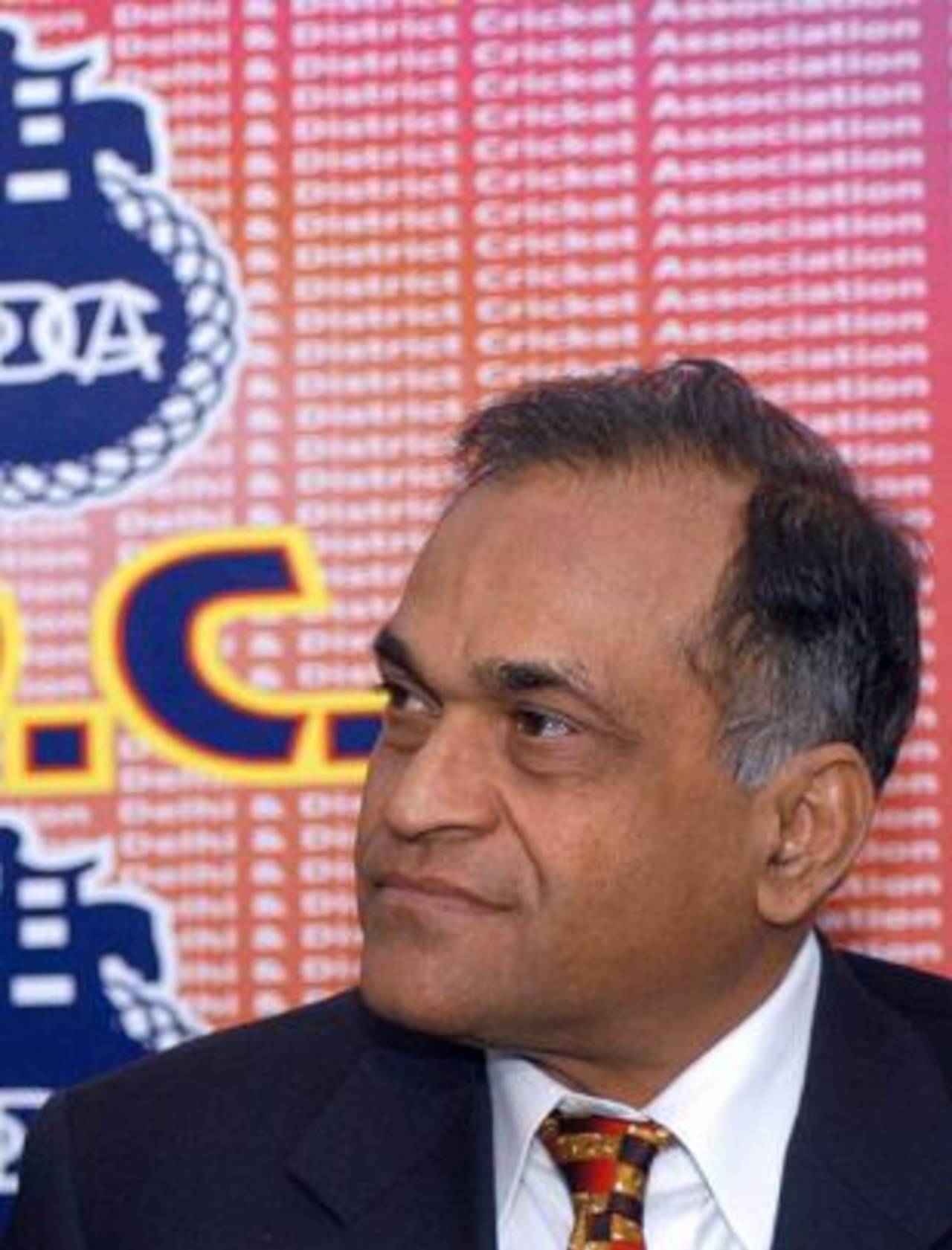DRS technology expensive, unreliable - Niranjan Shah
BCCI vice-president Niranjan Shah has criticised the Decision Review System (DRS) in its present form, saying it offers marginal gains for a technology that is exorbitant and not error-free

Niranjan Shah: "You have to look at the economics." • AFP